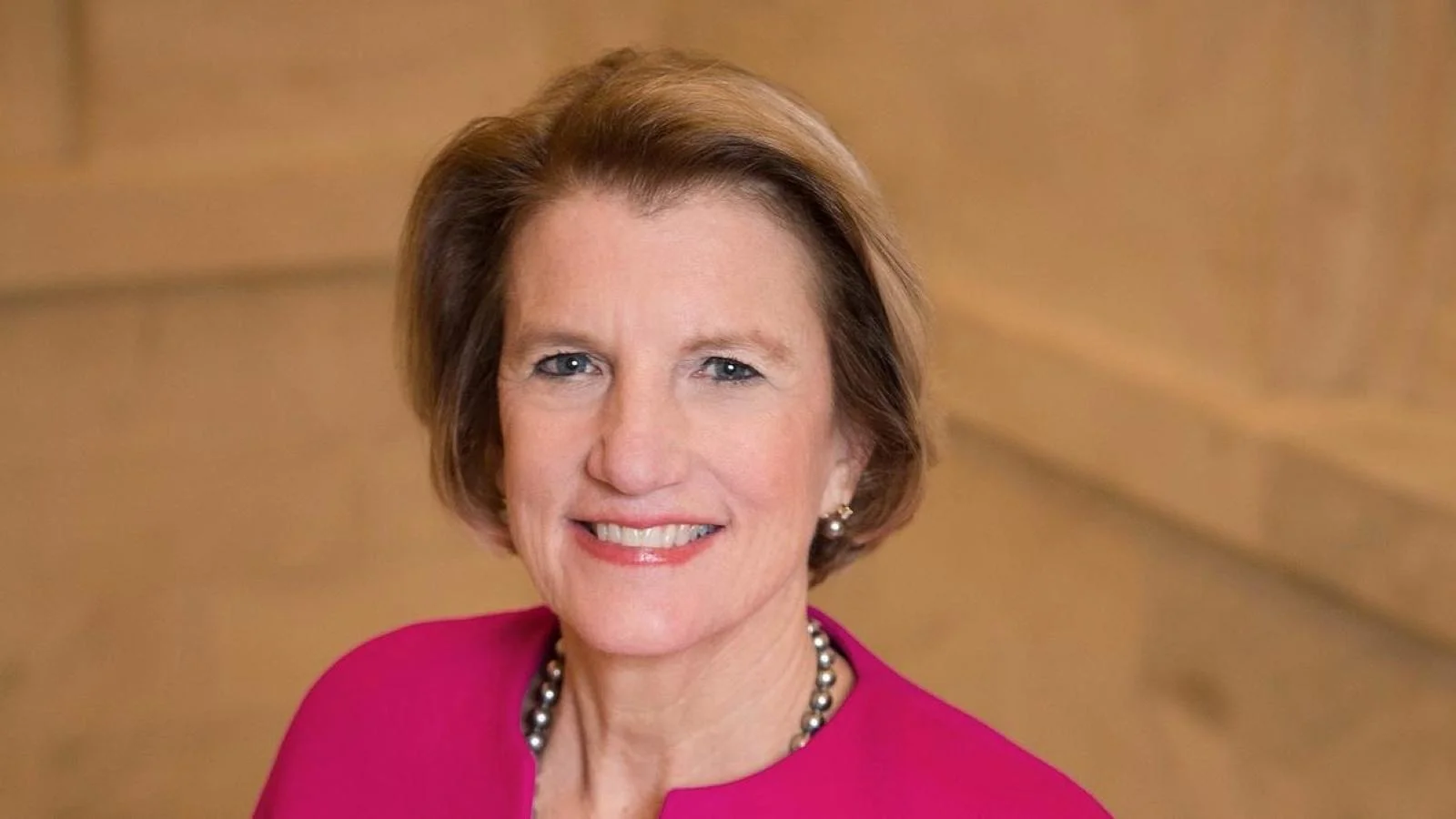U.S. Senator Shelley Moore Capito, who chairs the Senate Environment and Public Works (EPW) Committee, took part in a subcommittee hearing focused on chemical safety, waste management, environmental justice, and regulatory oversight. The session examined the beneficial use and regulation of chemicals in the United States.
During the hearing, Chairman Capito questioned how new chemical review processes in the U.S. impact innovation and competitiveness for American manufacturers. She raised concerns about differences between U.S. regulations and those in other countries such as the European Union and Japan.
“When the EPA consistently imposes restrictions that go well beyond what's required in other nations, it can raise some questions. So, we're seeing innovative chemicals approved in countries, and you mentioned this, with robust safety programs, like the European Union or Japan, but they face burdensome restrictions here, and so it can't be commercialized in the United States. So, from your perspective as a global manufacturer, when the U.S. imposes more restrictive conditions than Europe or other major markets, and takes longer to do it, how does that affect where you choose to invest and to make your new chemical developments?” Capito asked.
Peter Huntsman, President and CEO of Huntsman Corporation responded by highlighting delays within U.S. regulatory systems: “Well, today we have some 450, best of my knowledge, about 450 products that are in the pipeline, waiting approval right now under TSCA. About 10% of those are expected to be approved within the 90 day time period; about 40% of those will go longer than one year. Some of those will go to sometimes up to two to three years. You take some of these same formulations and downstream applications...to a country like China...they will get it done within a 90 day time period...literally in the time that you can get approved in the United States you can be up and manufacturing that product in another country.”
Capito clarified her view on innovation: “To clarify, it's not an international race to the bottom in terms of safety and innovation. It's really the opposite. Innovation can—and many times I think the goal is more safety in developing new chemicals. Would you agree with that?”
Huntsman agreed: “Absolutely...the trial attorneys and multi-hundred billion dollar industry that exists on suing the chemical industry when it gets it wrong is such an enormous incentive...in my 40 years in this industry...it's cleaner...it's more innovative...Our scientific data and analysis is better today than it's ever been...it is a race on speed...how quickly you can innovate.”
Chairman Capito also discussed ongoing efforts related to PFAS contamination in drinking water: “I will have to say as chair of the full committee ... I have over years expressed ... great concerns over PFAS in our drinking water ... My state has been affected by this ... all of you can be very helpful to helping us get a bipartisan agreement here because this problem is not going away ... I'm publicly pledging ... to work to make sure that your 20 grandchildren and my nine grandchildren can have that safe drinking water they deserve.”
The hearing reflected continued debate over balancing regulatory rigor with industrial innovation while addressing public health concerns linked to chemicals like PFAS.









